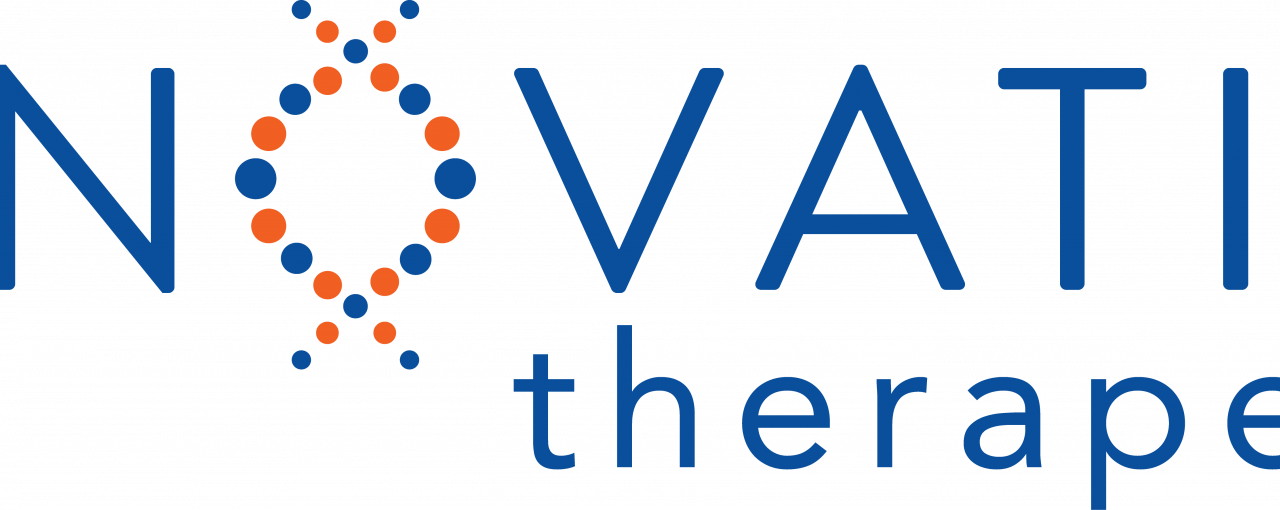Research Complex at Harwell are delighted to welcome NanoVation Therapeutics, a delivery technology company developing the next-generation of lipid nanoparticles (LNPs) that will enable and expand the widespread application of gene medicines.
The environment and expertise at Research Complex, and across the Harwell campus, gives NanoVation a unique opportunity to study LNPs at unprecedented detail – from the arrangement of individual molecules within an LNP right up to real time mRNA delivery in vivo. This information will greatly accelerate understanding of the complex relationship between LNP composition and in vivo performance. And will ultimately facilitate rational design of LNPs with sufficient potency and precision to enabe effective gene therapy in patients. Through both academic and industrial partnerships, NanoVation will leverage their LNP technologies across a broad spectrum of diseases including prophylactic vaccines, cancer immunotherapies, autoimmune diseases and liver disease to ensure a better and healthier future for all.
Dr Frederick Campbell, Scientific Director, NanoVation UK says:
The mRNA vaccines against Covid-19 have unequivocally demonstrated LNP-mRNA medicines are safe and effective in humans and can be manufactured cost effectively and at scale. The question now is not if, but how quickly, these technologies will be rolled out to address other significant human diseases. Being based at Research Complex puts us in a uniquely advantageous position to address some of the key outstanding questions in the field. Getting answers to these questions will enable us to propel these game changing platform technologies from bench to bedside.
Research Complex’s Associate Director (Operations) John Hand adds:
We are very excited to welcome NanoVation and Fred to Research Complex. We hope that our range of cutting-edge scientific instrumentation and support, and the supportive collaborative environment at Research Complex will help accelerate the success of these potentially life-saving technologies.


